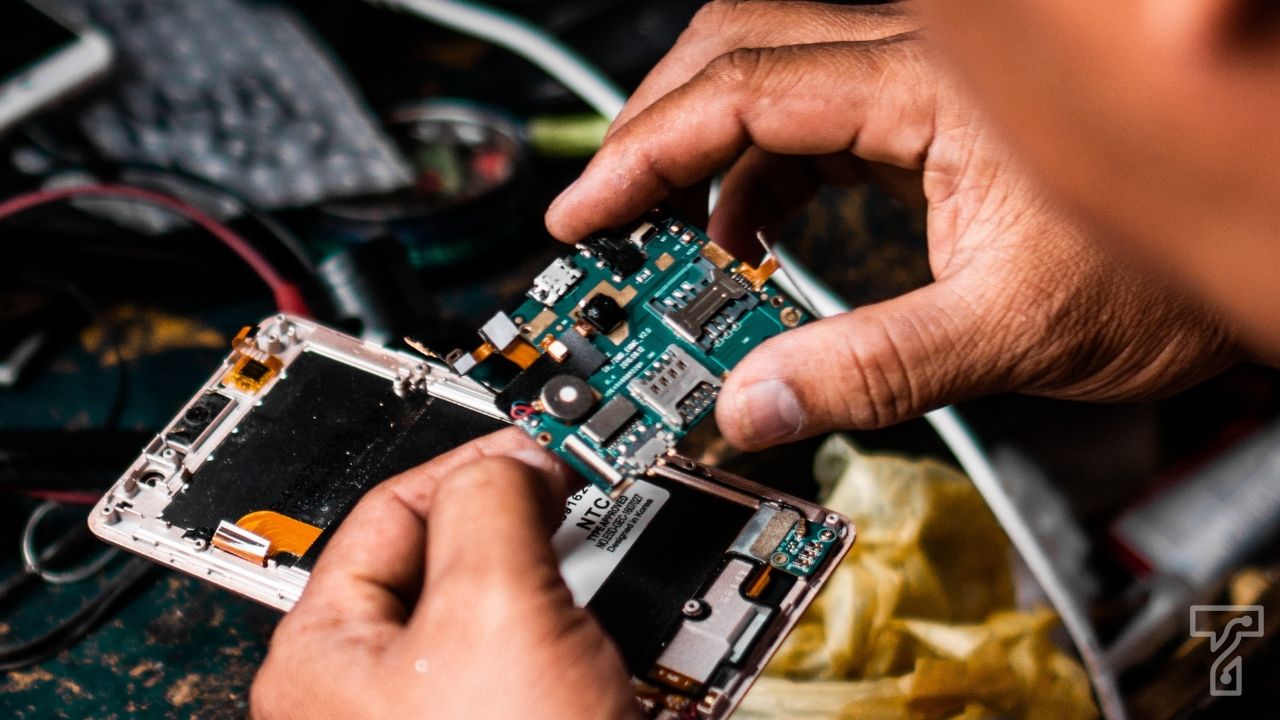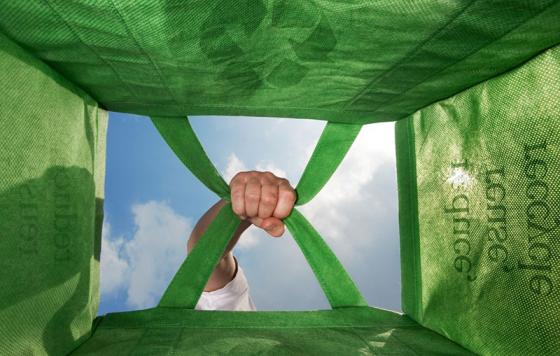
Today, the Senate Finance Committee is holding a hearing on SB0412; last week, the House Economic Matters Committee held a hearing on its parallel bill, HB0084. These bills would establish a consumer's Right to Repair products they buy, from cell phones to tractors. Here is the testimony we submitted on behalf of 22 organizations.
SB0412: Consumer Protection: Right to Repair
Senate Finance Committee
Wednesday, February 3, 2021
Position: FAVORABLE
Our 22 groups represent thousands of Marylanders who are concerned about the impact that a throw away society has on our environment. Right to repair gives Marylanders the right and option to repair their belongings in order to extend its use, reducing the waste that is landfilled or burned, or generated from buying new. Right to repair enables consumers to practice the principles of reduce, reuse and recycle. We urge you to support this legislation.
REDUCE
Electronic-waste (e-waste) is the fastest growing waste stream in the world, and contributes large amounts of toxic waste into our waste stream including lead, mercury, and cadmium. Marylanders dispose of an estimated 7,000 cell phones each day which contributes to the 195,000 tons of electronic waste Maryland families produce yearly.
In addition to that staggering level of waste, the production and transport of electronic devices also requires the use of water and materials and produces massive global warming emissions
Electronics are incredibly resource intensive to produce. According to a Maryland PIRG Foundation report, The Fix is In:
-
Manufacturing a single phone produces the planet-warming equivalent of 122.7 pounds of carbon dioxide.
-
One iPhone 6 takes 295 lbs of raw mineral — 75 lbs of ore and 220 lbs water — to produce.
-
Given that Americans purchase some 161 million new smartphones each year, that means our cell phone habit takes some 23.7 million tons of raw material to satisfy – that’s like consuming an Empire State Building equivalent in material every 6 days.
Access to the tools and information to repair our goods is critically needed so we can reduce the number of new products manufactured and bought.
Disposal of this excess of products is a risk to our environment and health. Many electronics contain toxic chemicals and heavy metals that can leach into soil and water. If placed in incinerators, anything with a battery has the potential to explode which could injure workers and cause damage to costly equipment.
REUSE
By extending the life of electronic devices like cell phones, appliances, and other tech, we will dramatically reduce the volume of new devices needing to be manufactured and sold, and open up opportunities for people to hold on to their products longer or pass them on to others to use. We will also generate local economic benefits by reducing the waste we need to manage and opening up repair economies.
If Marylanders held on to our phones 1 year longer on average, it would reduce climate pollution equivalent to taking 11,600 cars off the road, and cut 775k lbs of raw mineral use per day.
Cell phones also require 16 of the 17 rare earth metals to produce. Rare earth metal mining is an ecological nightmare. It causes soil erosion, pollution, acidification and can hinder agricultural output. The bulk of rare earth metals are mined in China so there’s also a massive carbon footprint associated with extraction and shipment. We should be actively trying to limit this extraction and we certainly can’t do that by forcing people to continually buy new products
RECYCLE:
Under our current system, most electronic devices are highly valuable if they work, but utterly invaluable as recycled material, especially with the collapse of many commodity markets for recycled materials. So many technically “recyclable” goods are landfilled or incinerated because it is no longer cost efficient to recycle them.
But under Right to Repair, electronic devices can have a new life. If someone wants to upgrade their phone, washing machine, or speakers their old one will hold more value, and if it’s really not working, the parts will be more useful in another machine.
Greater access to repair will create new markets for parts which can in turn result in higher values for recyclers and reusers to harvest useful parts from older machines. In addition, the same information necessary for repair will aid recyclers in locating and safely removing dangerous parts such as batteries for safer processing.
WHAT YOU CAN DO:
Right to Repair is a huge win for our environment and it offers economic benefits. The Institute of Scrap Recycling’s Right to Reuse policy says it best: “Reuse provides an excellent environmental and economic benefit. Despite these benefits, product manufacturers limit the ability of recyclers to legitimately reuse products; for example, by limiting parts and parts information, manuals and utilizing digital locks that impede a product’s reuse. These practices inhibit every recyclers’ right to return products and goods back into the marketplace for legitimate reuse. Consumers should have access to cost-effective alternatives to new products and replacement parts.”
The best way to fight electronic waste is to interrupt market pressures to replace products with widespread and reasonable opportunities to repair and reuse. Right to Repair puts the option of repair and extended use back in the hands of consumers. This will allow millions of tons of useful products to remain in use instead of filling up landfills, and more impactfully: reduce the burden or source material, manufacturing, and transportation of new devices.
We respectfully request a favorable report.
Sincerely,
Clean Water Action
Environment Maryland
Echotopia LLC
MD Campaign for Environmental Human Rights
Safe Skies Maryland
Maryland Legislative Coalition
WISE
MOM's Organic Market
Baltimore Beyond Plastic
Our Revolution Maryland
Climate Stewards of Greater Annapolis
Sugarloaf Citizens' Association
MLC Climate Justice Wing
Takoma Park Mobilization Environment Committee
Howard County Climate Action
Climate Law & Policy Project
Cedar Lane Environmental Justice Ministry
Indivisible Howard County
Environmental Justice Ministry Cedar Lane Unitarian Universalist Church
Institute for Local Self-Reliance
Sunrise Movement Baltimore
Progressive Maryland


